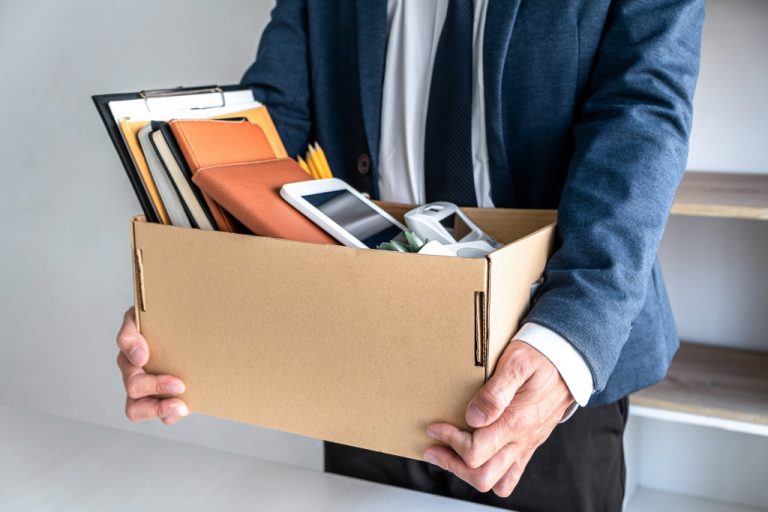Part of every adult’s financial goals should be to maintain a good credit score. It will determine how much you are able to spend for things such as mortgage payments, car insurance, cell phone plans and other purchases.
A good credit score will determine how much interest is levied on your credit cards as well as other loans in Utah (UT). Also, a cash loan and other types of funding are approved based on the credit score.
So yes, a good credit score is more than important. However, it doesn’t just happen. You have to work on it strategically. Below, learn some good tips on how to do just that.
1. Pay your bills on time
Don’t slack off on bill payments because almost 35% of your credit score depends on how promptly you pay your bills. If you find yourself late on paying or you happen to miss a payment, though, don’t fret. Continue to consistently pay them on time, and your credit score will improve in time.
The best, however, is to pay your bills way earlier than the due date. This way, when the issuer sends the monthly report to the credit reporting bureaus, your balance will be zero on it. If you make payments after the report has been issued, a balance will reflect on the report even though you cleared the bills on the due date.
2. Do not cancel unused credit cards

Don’t cancel out any credit cards even if you don’t use them. Keep them and try to use them occasionally so that the issuer does not cancel them for inactivity. The reason is that having them increases your credit utilization ratio, which is important in increasing your credit score.
3. Take different types of credit
Taking different types of credits, such as personal loans, in addition to credit cards shows that you have the ability and discipline to pay your debts and your bills. Of course, this is if you are prompt in your payments. Your credit score will gradually increase the more you continue proving to lenders that you are a responsible borrower.
4. Reduce your debts
If you have any outstanding debts, work on becoming debt free as soon as possible. But, even just reducing your debts can increase your score by up to 30%.
On top of that, it will significantly lower your credit utilization. One good way to reduce your debts is to pay off your smallest debts. Remember that it could be problematic if each of your open accounts has a balance on it.
5. Request a higher credit limit
Requesting a higher credit limit could work miracles on your score, too. Take caution, though, because this is a risky move and could harm your score if your card issuer decides to do a hard inquiry. You could always ask your issuer beforehand if they will do a hard inquiry so that you can make an informed decision.
Your credit score shows how much lenders can trust you, and so, you should commit to paying your debts and your bills on time. These two contribute to almost 65% of your credit score. Be focused and committed and your credit score will definitely shoot up.






